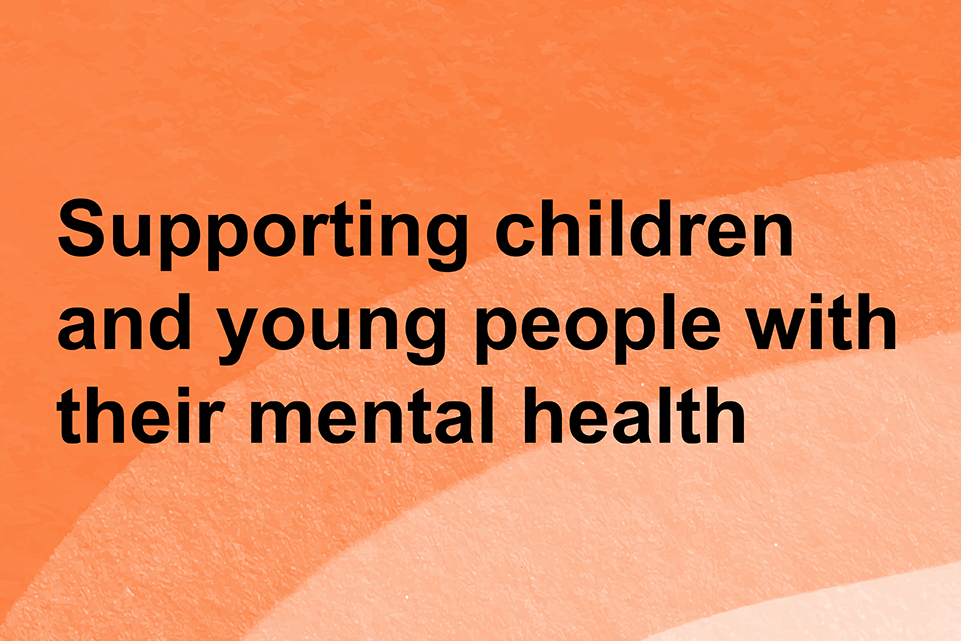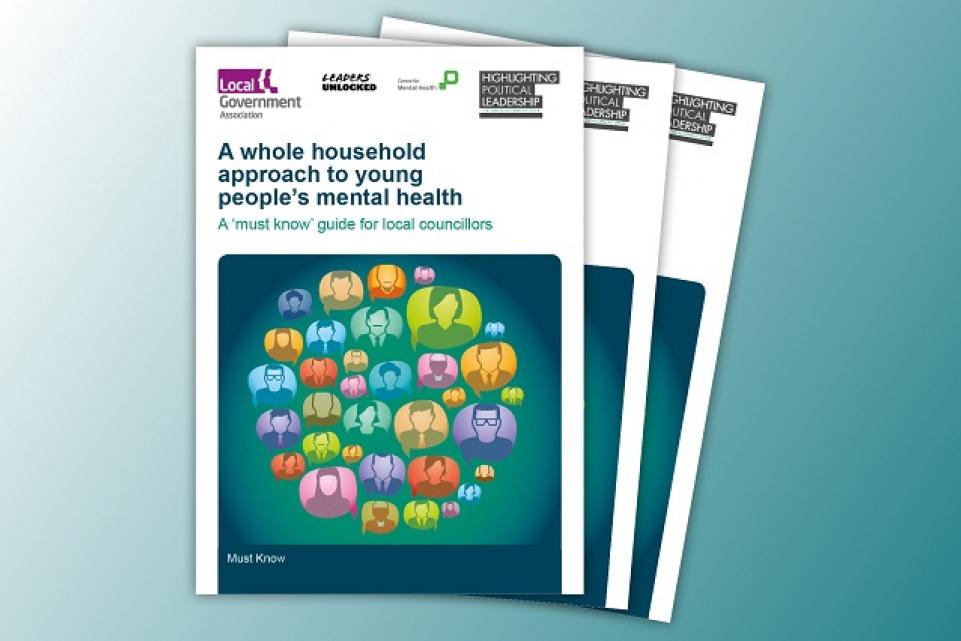Three-quarters of mental health problems first emerge before the age of 25, so it makes sense economically to invest in mental health support for young people, as well as making a huge difference to people’s lives.
Key messages
- Supporting people’s mental health and wellbeing underpins all aspects of the COVID-19 recovery. From ensuring children can attend and achieve their potential in schools, to getting the country safely back to work, dealing with the economic and housing consequences of the pandemic, and supporting people who may have become lonely or socially isolated. The Centre for Mental Health estimates that 10 million people, including 1.5 million children and young people, will need support for their mental health as a direct result of the pandemic over the next three to five years with some population groups at higher risk than others.
- Before the pandemic, statutory mental health services and wider wellbeing services were already stretched because of the gradual increase in mental health difficulties for all age groups. Despite this, councils worked with partners to quickly offer mental health support in different ways and respond to new needs that arose from the pandemic.
- Actions taken by councils across the mental health spectrum include continuing to meet statutory responsibilities for adults and children’s mental health needs, supporting the mental wellbeing of frontline staff, bereavement support, suicide prevention, helping residents to stay connected, supporting mental wellbeing in schools, and supporting people who might need additional help such as unpaid carers and new parents. Councils also promote mental wellbeing through, for example, safe access to parks, youth services, children’s centres, housing, open spaces, encouraging physical activity and expanding public libraries’ online offer.
- Not investing in mental health support costs money. The annual cost of mental health problems in England is estimated to be £119 billion, measured in terms of spending on health and the impacts on an individual’s work or education. Three-quarters of mental health problems first emerge before the age of 25, so it makes sense economically to invest in mental health support for young people, as well as making a huge difference to people’s lives.
- There is a clear and positive evidence base that school based counselling (SBC) can really make a difference to young people and add value to existing arrangements. Making SBC mandatory in all secondary schools and alternative education provision would complement the whole school approach that is being developed. We believe that rolling out counselling to all state funded secondary schools and academies could cost £100 million per annum. This would ensure access to a school counsellor for at least two days a week for more than 90 per cent of schools. This needs to be alongside the ongoing rollout of mental health support teams in schools, recognising the different functions and value that can be added.
- With reports showing increasing numbers of young people seeking mental health support during the pandemic, it is crucial that early intervention and prevention services, such as school counselling where pupils may feel more able to confide in trusted professionals, are able to help children avoid reaching crisis point in the first place.


